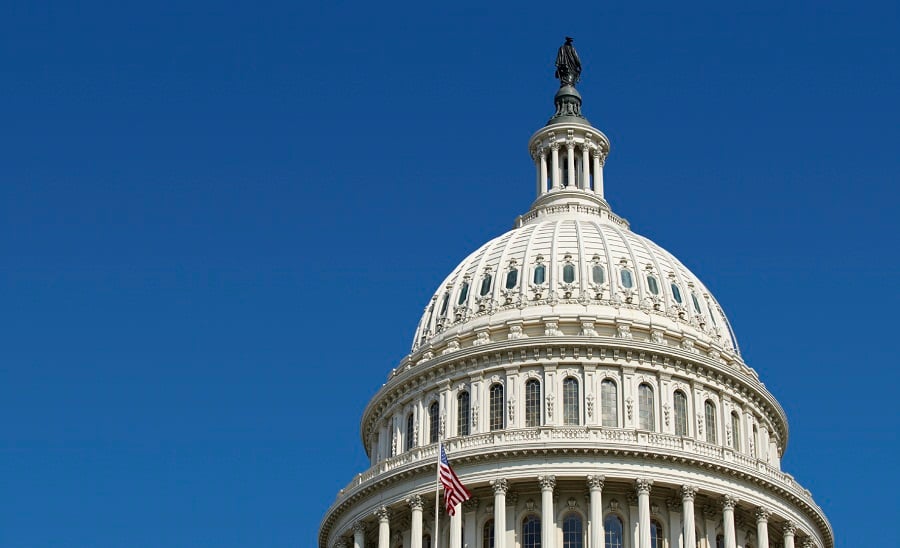

Protecting elderly investors from financial exploitation has become a reliable bipartisan issue on Capitol Hill at a time when lawmakers aren’t working together on many other topics.
Another example of its cross-aisle support was a unanimous voice vote by the House Financial Services Committee last week to advance legislation that would jump-start a grant program for states to combat elder financial abuse.
The Empowering States to Protect Seniors from Bad Actors Act is now heading to the House floor, where it could be approved on a fast-track procedure for legislation with strong bipartisan support.
“This is a jewel,” said Mike Canning, principal and founder of the LXR Group, a public affairs consulting firm. “This is a rare bill that could get done this year. We were excited to see that members [of the committee] resisted the temptation to play politics with it last week.”
At the same committee meeting, Democrats and Republicans clashed over a bill that would prohibit mandatory arbitration clauses in brokerage and advisory contracts.
Canning is hopeful the momentum for the senior-abuse bill will carry over to the Senate, where many bills approved by the Democratic-majority House go to die. The Senate is split 50-50 between Democrats and Republicans, giving the GOP plenty of margin to filibuster bills and require 60 votes for passage.
There could be a bipartisan bill in the Senate before the full House approves that chamber’s version of the legislation.
“I’m very optimistic there will be a bipartisan Senate bill in the very near future,” Canning said.
Under the measure, the Senior Investor Protection Grant Program would be run by the Securities and Exchange Commission, according to a bill summary. It currently resides at the Consumer Financial Protection Bureau, where it has not been funded since being established by the Dodd-Frank financial reform law more than a decade ago.
Moving the grant program to the SEC would put it under the aegis of the primary regulator responsible for investor protection. The bill authorizes $10 million annually in appropriations from fiscal 2023 through fiscal 2028. The funds could be used by states to strengthen enforcement and technology systems for investigating and pursuing potential senior exploitation and supporting victims.
Stopping senior financial abuse has been a priority for state regulators for years. The North American Securities Administrators Association, the umbrella group for state regulators, approved in 2016 a model rule that has been enacted in 32 states. It gives brokers and investment advisers latitude to halt disbursements from investment accounts if they suspect a senior is being exploited.
The grant program is another piece of the strategy to target senior exploitation, said Canning, a former NASAA director of policy and government affairs. “It’s been near the top of NASAA’s advocacy agenda for the better part of a decade,” he said.
While the state-grant bill makes its way through the House, another bill that targets the issue is on its way to the Senate. The full House approved by voice vote a bill that would allow an investment company to delay redemption of a security if they think the request is related to the abuse of an elderly or vulnerable person.

Relationships are key to our business but advisors are often slow to engage in specific activities designed to foster them.

Whichever path you go down, act now while you're still in control.

Pro-bitcoin professionals, however, say the cryptocurrency has ushered in change.

“LPL has evolved significantly over the last decade and still wants to scale up,” says one industry executive.

Survey findings from the Nationwide Retirement Institute offers pearls of planning wisdom from 60- to 65-year-olds, as well as insights into concerns.
Streamline your outreach with Aidentified's AI-driven solutions
This season’s market volatility: Positioning for rate relief, income growth and the AI rebound
